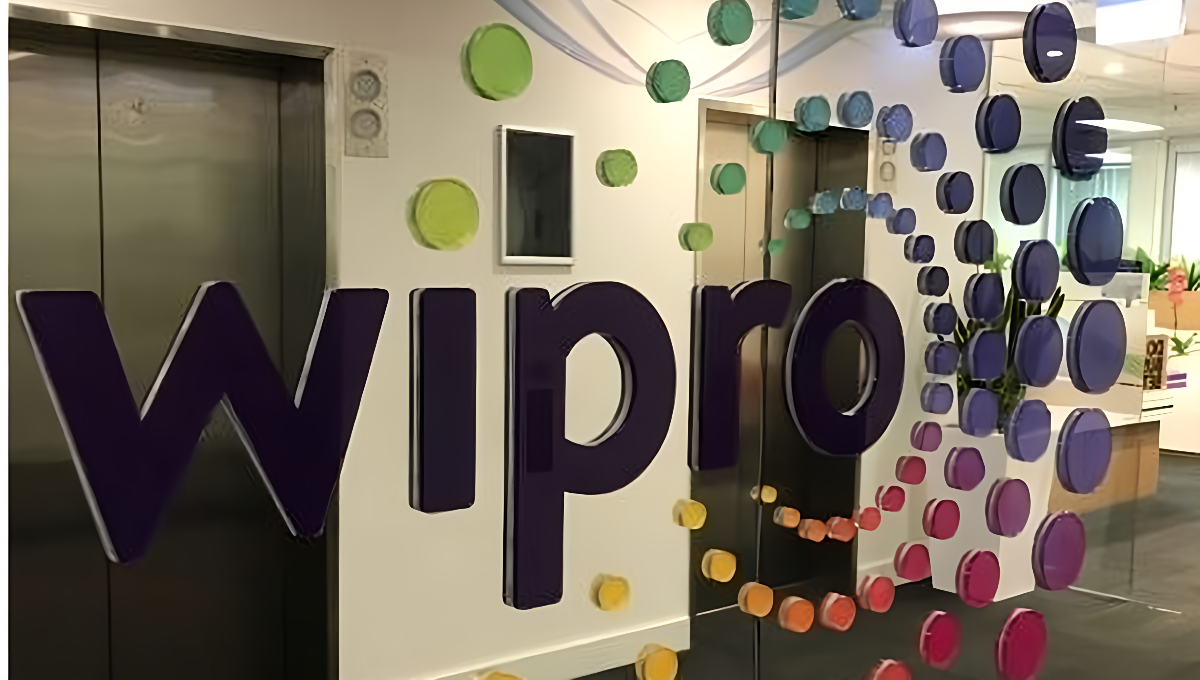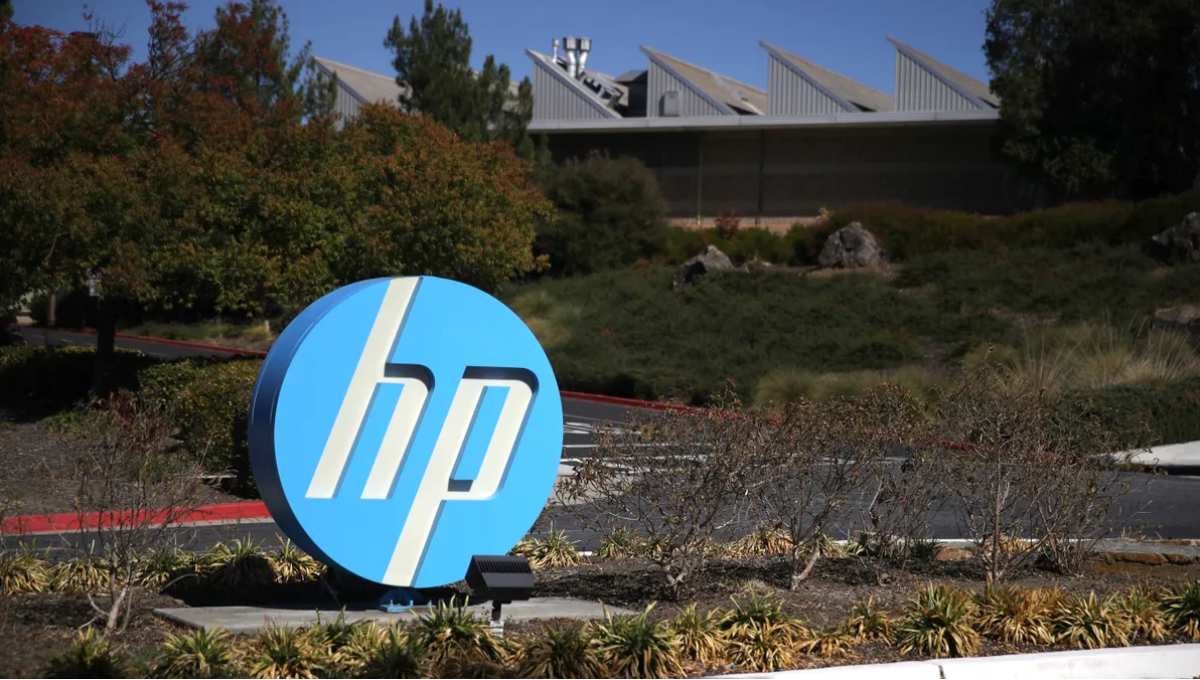CAMB.AI and Broadcom Bring On-Device Voice Capabilities
CAMB.AI and Broadcom have announced a collaboration that integrates CAMB.AI’s generative voice model, MARS, directly into Broadcom’s neural processing unit (NPU) chipsets.
The partnership allows text-to-speech and localisation features to run natively on consumer devices without relying on cloud services.
This integration enables real-time translation, dubbing, captioning, and audio descriptions to operate locally, reducing delays and privacy concerns while also lowering costs for users and content providers.
Akshat Prakash, co-founder and CTO of CAMB.AI, said, “By partnering with Broadcom, we can bring this functionality to consumers worldwide in a way that is faster, more private, and more seamlessly integrated into everyday devices than ever before.”
Running on Broadcom’s SoC-integrated NPU, CAMB.AI’s text-to-speech model converts written text into natural speech in multiple languages. This enhances accessibility for visually impaired users, improves communication in education and customer service, and reduces dependence on external servers.
Expanding Multilingual and Accessible Experiences
Rich Nelson, SVP and GM of Broadcom’s broadband video group, added, “We are enabling next-generation user experiences that are both highly intelligent and privacy-focused.”
The next stage of the collaboration will explore moving CAMB.AI’s real-time translation model onto Broadcom’s on-device NPU, enabling translation across more than 150 languages. Broadcom’s chips already power over 500 million devices worldwide, including set-top boxes and broadband gateways, meaning the new functionality could bring multilingual and accessible content directly into homes globally.
CAMB.AI, known for its multilingual localisation work with organisations such as IMAX, Comcast NBCUniversal, and Major League Soccer, has developed MARS and BOLI models that are already available on AWS Bedrock and Google Vertex platforms.
This partnership with Broadcom represents a step toward embedding localisation and accessibility features at the hardware level, bringing powerful communication tools closer to users than ever before.
Also Read:
Google Rolls out Private AI Compute for On-Device Gemini Features
OpenAI violated copyright laws by using song lyrics, German court says









